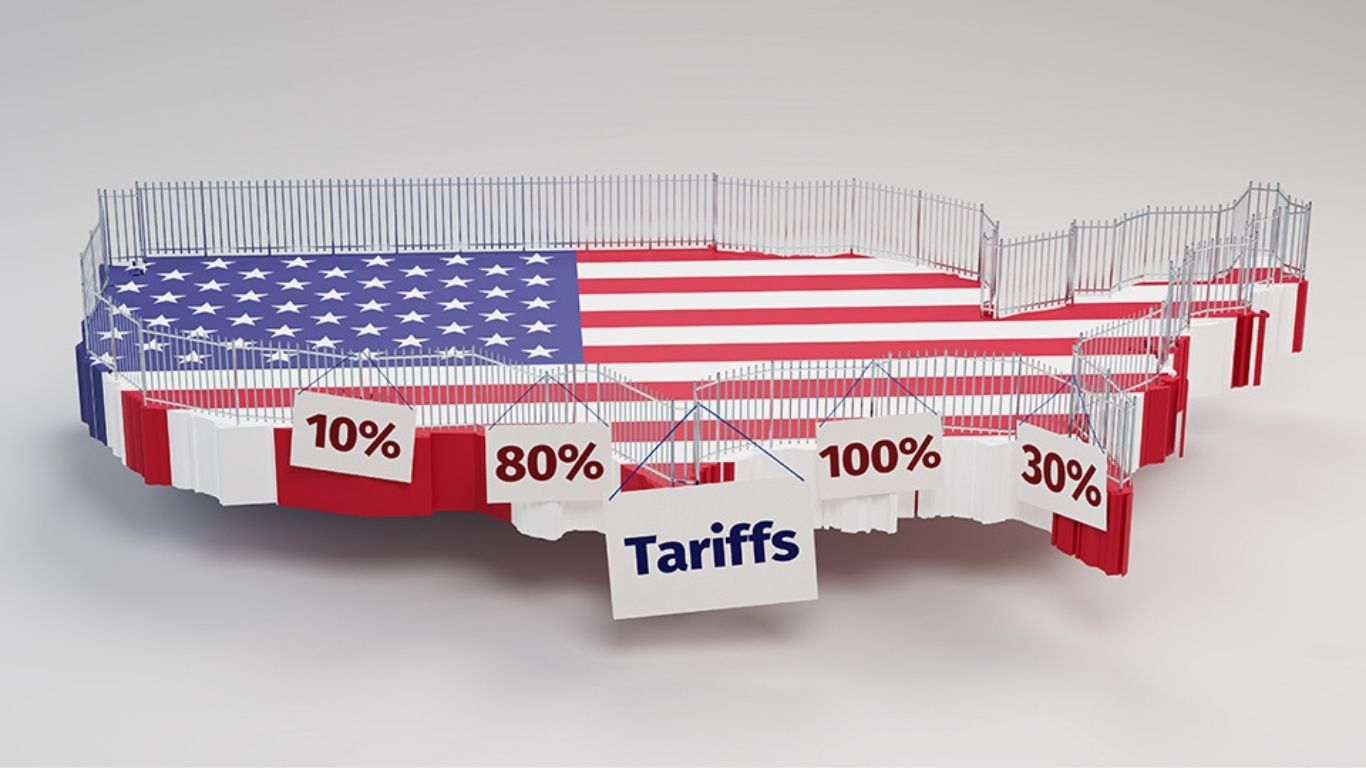The American Dream? More Like a Paycheck-to-Paycheck Nightmare
Naomi Burns and her family are trapped in a cycle that millions of Americans know all too well—working hard, doing everything “right,” yet still falling behind. Her boyfriend’s $65,000-a-year job as a traffic-control flagger used to be considered a solid middle-class wage. Now, in a country where a carton of eggs costs as much as a small gold nugget, it’s barely enough to scrape by.
Naomi herself juggles side gigs—social media work and DoorDash deliveries—to keep the lights on and food on the table. Yet, even with both of them grinding day and night, they come up short.
“He brings home about $680 a week, and we need around $1,000 just to break even,” she told MarketWatch. “My side hustles are actually what makes it so that we can survive.”
That’s not “getting ahead.” That’s surviving. And it’s a story that’s playing out in households across the country.
Wages Stagnant, Prices Skyrocketing—Guess Who Wins?
For decades, wages for the working and middle class have remained frozen in time, even as the cost of everything has skyrocketed. Rent, groceries, childcare, medical bills—you name it. The only thing that hasn’t gone up? Workers’ paychecks.
And let’s be clear: this is by design.
Corporate profits are through the roof. Billionaires are richer than ever. CEOs hand themselves multimillion-dollar bonuses while their employees—who actually make their companies run—are forced to pick up extra jobs just to survive.
Meanwhile, Washington’s answer to this crisis? The same tired, recycled talking points: “inflation is cooling,” “the job market is strong,” “the economy is recovering.”
Try telling that to the millions of Americans who have to choose between rent and food.
You Are No Longer the Economy’s Priority
Once upon a time, the American consumer mattered. The economy depended on people spending money, so there was at least some incentive to ensure they could afford life. But that era is over.
Now? The people who actually matter to the economy are corporations, Wall Street, and the ultra-wealthy. That’s why, when everyday Americans struggle, the response is lukewarm at best. But when the stock market takes a hit? Suddenly, it’s a five-alarm fire, and trillions of dollars appear overnight to “stabilize” things.
Regular people? They’re on their own.
Survival Now Requires Multiple Jobs
Once, a single income was enough to support a family. That’s a fairytale now.
Naomi and her boyfriend work non-stop, yet their family still teeters on the edge. She’s not alone—millions of Americans have turned to side gigs, second jobs, and “hustles” just to afford basic necessities.
This isn’t economic progress. It’s desperation.
The gig economy was supposed to be about flexibility and independence. Instead, it’s become a lifeline for people who can’t make ends meet, with no benefits, no stability, and no way out.
Why Aren’t Things Changing?
If you’re wondering why wages haven’t kept up while corporate profits soar, the answer is simple: The people in charge don’t want them to.
Raising wages would cut into profits. Keeping workers just desperate enough to accept low pay and bad conditions? That’s good for business.
The rich don’t need the working class to thrive—they just need them barely surviving. And the system is working exactly as intended.
This Isn’t Just a Crisis—It’s a Choice
The truth is, the economic struggles of the majority aren’t an accident. They are the result of policies designed to funnel wealth upward while telling struggling families to “work harder.”
Americans like Naomi aren’t asking for luxury. They just want what previous generations had—a stable income, a roof over their heads, and a life where they don’t have to work themselves to exhaustion just to afford groceries.
But until the system changes, the reality is this: If you’re not already rich, the economy isn’t built for you. It’s built on you.




